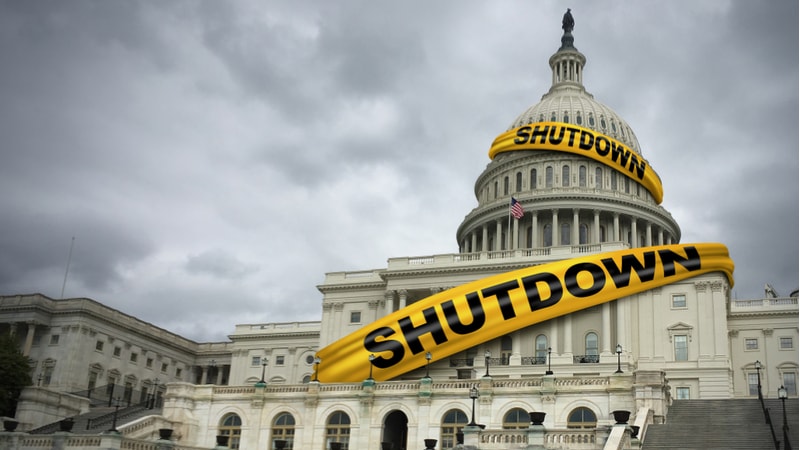
The government shutdown reached its 36th day on Wednesday – the longest in U.S. history – leaving federal employees frustrated, financially strained, and demoralized.
During a media briefing hosted by the nonprofit Partnership for Public Service, organization leaders warned that the effects of the shutdown extend far beyond missed paychecks.
“This is now the longest shutdown of the United States government we’ve had in our history,” Max Stier, president and CEO of the Partnership for Public Service, told reporters on Wednesday. “It is an extraordinary breakdown of our system of democracy.”
While many Americans have felt the immediate impact of shuttered services and delayed programs, Stier emphasized the deeper, long-term harm the shutdown is inflicting on government operations.
“The broader harm that is occurring to our government is of a long-term nature,” he said, explaining that many of the “dysfunctionalities” of the federal government that the American public experiences are actually results of prior shutdowns and continuing resolutions.
One of Stier’s biggest concerns is the strain on federal employees.
Thousands of federal workers have been furloughed or forced to work without pay. The Trump administration also took the unprecedented step of laying off thousands of employees amid the shutdown – a move that a federal judge has halted temporarily.
Those layoffs followed earlier reductions in force (RIFs) after an executive order from President Donald Trump.
“Morale, I think, is in a terrible place,” Stier said. “I think it was in a bad place before what has happened here. We are seeing a layer cake of trauma, incident after incident, that they’re all experiencing.”
“As a result, many talented people likely have already thrown in the towel, and many more are likely to do so,” he said.
Technology experts have also warned that the shutdown could further weaken the federal IT workforce, who may leave government for private-sector jobs offering more reliable and higher pay.
When the federal government eventually reopens, Stier stressed that agency leaders’ response “will have a big impact on whether our government continues to bleed critical talent at such massive quantities as it has already.”
Following the end of the shutdown, Stier urged federal leaders to “make sure that those folks understand how much they’re valued and to answer their questions.” He also said leaders must maintain transparent communication as challenges arise and plan for long-term backlogs.
“Part of the issue will be identifying what those challenges are going to be,” Stier said. “The detritus will be huge … there’s going to be a lot of cleanup in addition to the normal work that has to be done day in, day out. So, it’s a big mess, and it’s not one that disappears overnight.”
Time is running out to reopen the government, as the short-term funding measure that the House passed and the Senate put up for a vote 14 times would only fund the government until Nov. 21.
